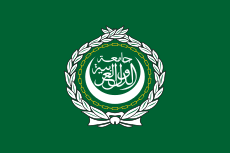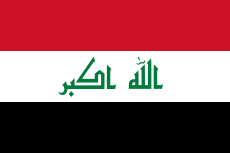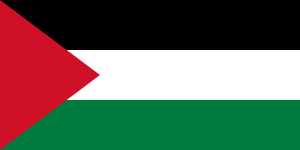Politics of the Arab League
| Part of a series on | ||||||||
| Arab League | ||||||||
|---|---|---|---|---|---|---|---|---|
 | ||||||||
|
Issues
|
||||||||
|
||||||||
|
||||||||
|
|
||||||||
|
||||||||
The Arab League is a political organization aiming to help integrate its members economically, and solve in-between conflicts without asking for foreign aid. It possesses elements of a state representative parliament, while issues of foreign affairs are usually dealt under the United Nations supervision.
Government
The Charter of the Arab League endorsed the principle of an Arab homeland while respecting the sovereignty of the individual member states.
The internal regulations of the Council of the League were agreed in October 1951 as well as those of the committees. Those of the Secretary-General were agreed in May 1953.
Since then, Arab order has based on this duality. Preservation of individual statehood derived its strengths from natural preferences of ruling elites to maintain their power and their independence in decision making. The fear of rich Arabs that poorer Arabs may come to share their wealth in the name of Arab nationalism, the feuds among Arab rulers and the influence of external powers that saw potential danger in Arab unity; all reinforced this duality.
Inner Policies
 Iraq
Iraq
The Arab League supports a unified Iraqi state, with a united government, and also condemns the US occupation of Iraq.
 Palestine
Palestine
The Arab League has always supported the Palestinian side of the Palestinian-Israeli Conflict, as an organization it recognizes the Palestinian Authority as the legitimate Government of the State of Palestine.
the Arab League has Addressed the International Community several Times, through the United Nations.